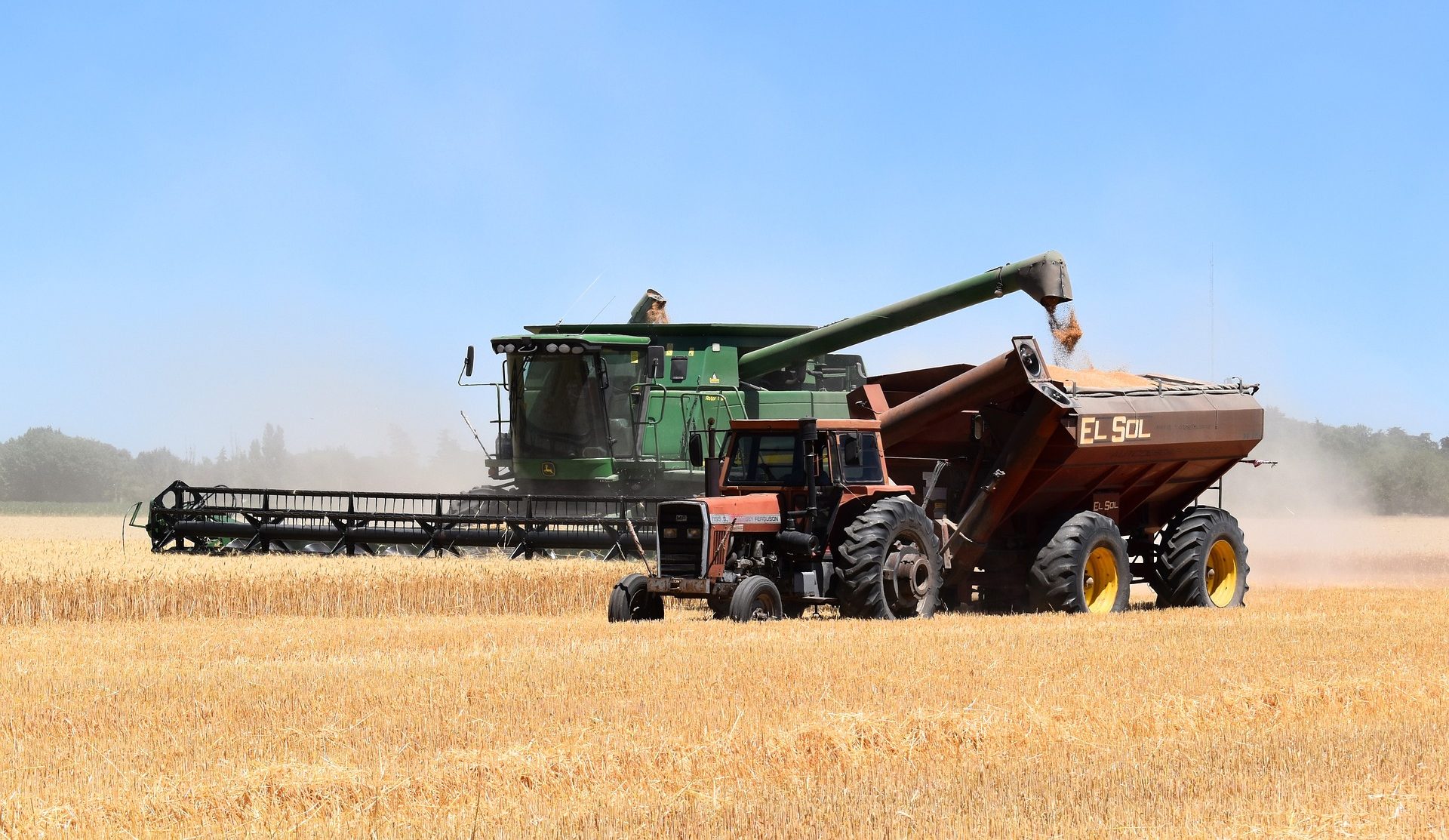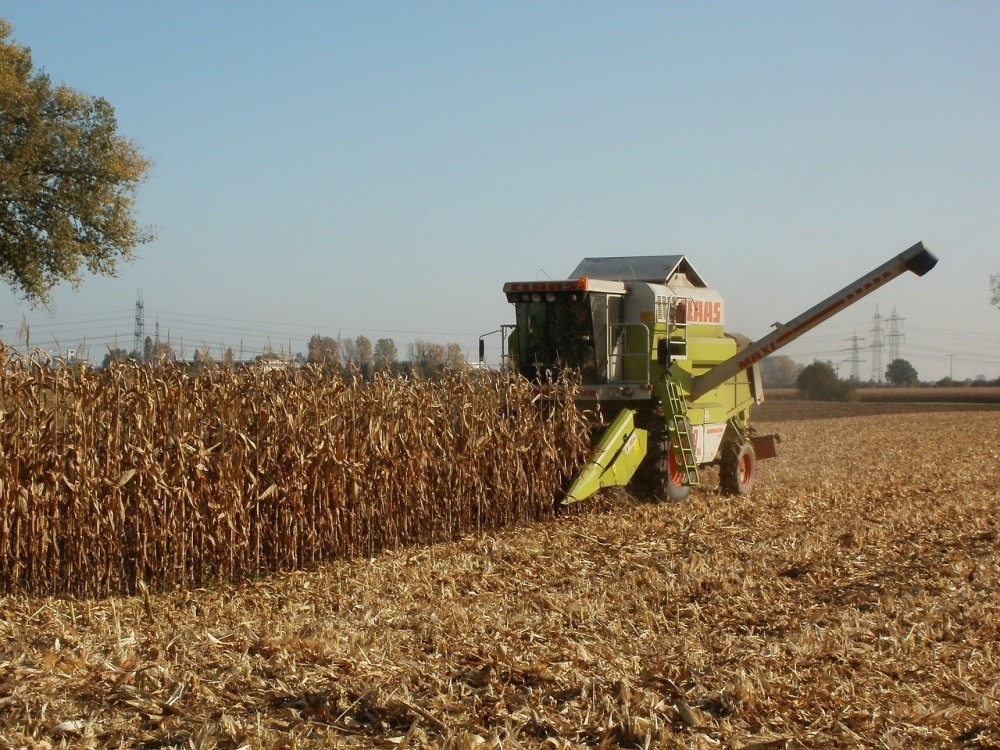
If the EU does not act, Hungary will extend the ban on Ukrainian grain imports after September 15 under national competence.Continue reading

Hungary belongs to one of the ten largest seed producing countries in the world, the Secretary of State for Agriculture and Rural Development at the Ministry of Agriculture stated at the handover ceremony of the new automatic packaging line of the Bayer Hungária Kft. seed establishment in Nagyigmánd on Thursday.
Zsolt Feldman said that last year the Hungarian seed sector produced 350,000 tons of seed, sold on the domestic and foreign markets in equal shares. The secretary of state pointed out that the trend towards becoming self-sufficient in food supply has been growing in recent years, and the necessary processes need to be accelerated to achieve this. He added that supply chains had been disrupted by the COVID outbreak, highlighting the need for a shift to self-sufficiency. He also stressed that seed production is a strong sector with a long tradition in Hungarian agriculture, and access to quality seed is the key to the country’s agricultural performance.
Gergely Fábián, State Secretary for Industrial Policy and Technology at the Ministry of Economic Development, said that the German-based Bayer’s latest development in Hungary is a joint success for the Hungarians and the Germans and it shows that the company is committed to development and a long-term presence in Hungary.
Balázs Győrffy, President of the Hungarian Chamber of Agriculture, revealed that
Hungary ranks seventh in Europe in terms of seed propagation land covering 110-130,000 hectares, while seed trade is worth around HUF 180-200 billion (EUR 469-521 million) a year.
Three quarters of sales are in maize, sunflower, and winter swede, he added.
Krisztina Kárpát, managing director of Bayer Hungária Kft., said that in the past five years, the company has invested HUF 8.2 billion (EUR 21 million) in Hungary. Bayer spent HUF 750 million (EUR 1.6 million) on a fully automatic seed-packaging line that had just been handed over, she said. She added that 30 percent of their seeds are supplied to the Hungarian market and 70 percent to the Central and Eastern European markets.
Via MTI, Featured image: Pixabay